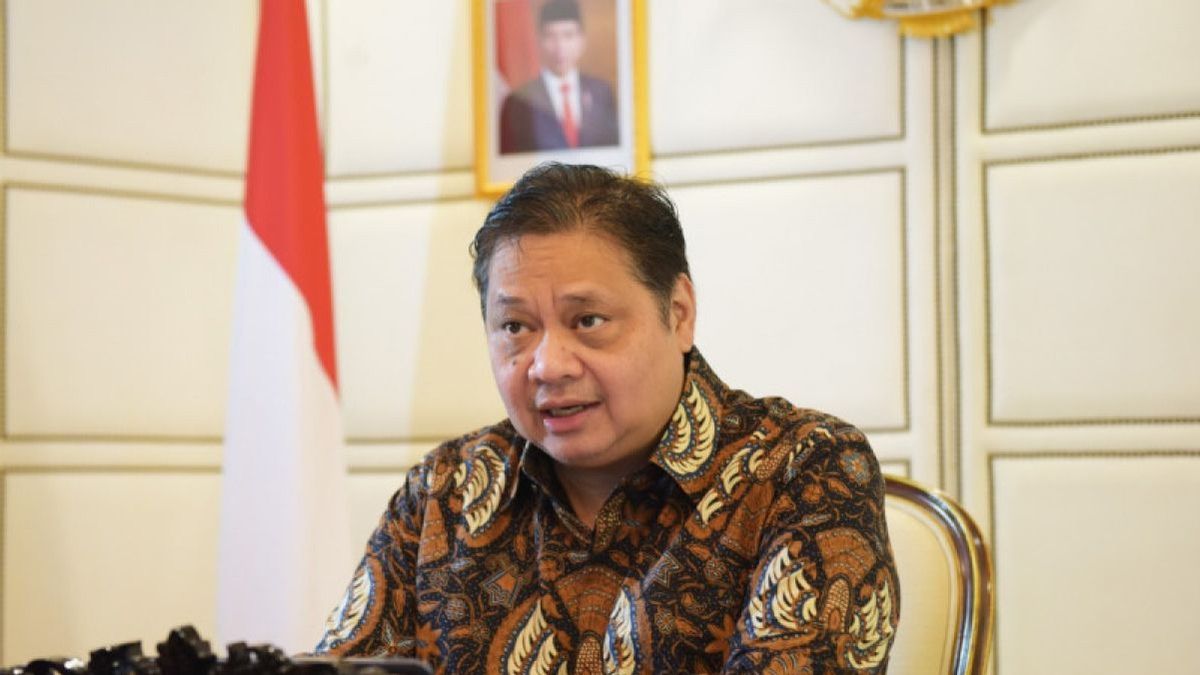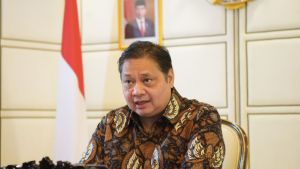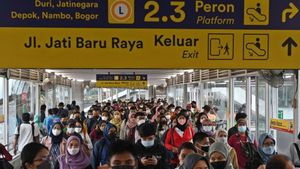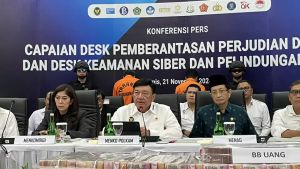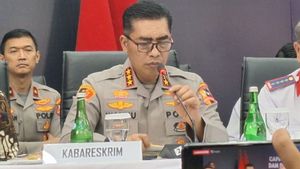Coordinating Minister for Economic Affairs Airlangga Hartarto revealed that EU Deforestation-Free Regulation (EUDR) is considered to be one of the challenges that can harm plantation and forestry commodities in Indonesia, one of which is palm oil.
According to Airlangga, this also has the potential to reduce Indonesia's various efforts and commitments in solving problems related to climate change issues to protection of biodiversity in accordance with multilateral agreements, agreements, and conventions.
Responding to these conditions, Indonesia is at the forefront of calling for serious concern and disapproval of the EU for acts of discrimination against palm oil with the EUDR.
In addition, Airlangga conveyed that Indonesia together with Malaysia, and the European Union had also agreed to form an Ad Hoc Task Force (Ad Hoc Joint Task Force) on EUDR to overcome various matters related to the implementation of the EUDR faced by Indonesia and Malaysia.
Airlangga said the task force was also formed to identify the best solutions and solutions related to the implementation of the EUDR.
"EUDR implementation will clearly injure and harm plantation and forestry commodities which are so important for us, such as cocoa, coffee, rubber, wood products and palm oil," said Airlangga in his statement, quoted Thursday, April 25.
In line with the rejection efforts made by Indonesia and Malaysia, reported through mypalmoilpolicy.com, bipartisan groups from both Republicans and Democrats have also highlighted the EUDR policy which is considered unfair for farmers who will enter the European market.
"America is bipartisan against EUDR, so EUDR, which was initiated by Indonesia on a joint visit between the Coordinating Minister for the Economy and the Malaysian PM, continues to receive support from like-minded countries, some time ago both Republicans and Democrats also questioned EUDR. So like-minded countries are inspired by what Indonesia and Malaysia are doing," said Airlangga.
Airlangga said that the postponement of the implementation or change of EUDR regulations is also considered to be one of the solutions that can be done for now.
Furthermore, the statement of objection to the EUDR policy is also in line with the views of the Minister of Agriculture of the EU. In addition, as many as 20 out of 27 Ministers also called for the postponement of the EUDR, at the Meeting of the Council of Agriculture Fisheries Council Configration (AGRIFISH) which was held in the near future.
SEE ALSO:
In addition, the EUDR policy, which has also received attention from the New York Times and the Financial Times, is also considered to have an impact in the form of potential problems on sustainable supply chains, prices, and consumer choices, to the impact on export farmers and exporting countries.
With this potential impact, a number of food and commodity producers expect a more measurable approach.
Furthermore, Airlangga conveyed that the leading agricultural association in the European Union, Copa Cogeca, had also submitted suggestions for delaying the implementation of the EUDR policy because it was not possible to implement it because the time for preparing a more adequate framework could not be completed until the time limit for implementing the EUDR policy.
In addition to the spotlight and criticisms raised by the United States and the European Agricultural Association on the EUDR policy, a wave of concerns was also expressed by countries such as India and Brazil as well as a number of other countries that expressed very serious attention to the demands of the implementation of the EUDR policy.
The English, Chinese, Japanese, Arabic, and French versions are automatically generated by the AI. So there may still be inaccuracies in translating, please always see Indonesian as our main language. (system supported by DigitalSiber.id)
